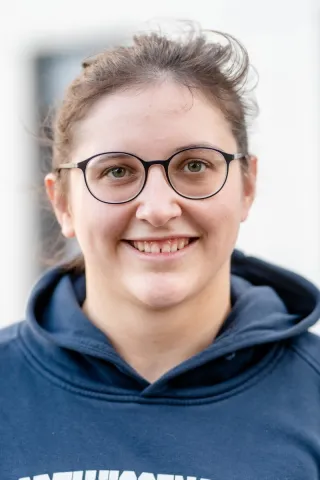Master 1 subject
Sport & Exercise Sciences for Health and Performance, Master 1 subject
- How do humans adapt to different Stimuli?
- What kind of adaptation is triggered in the human body by which stimuli?
- Which are the methods available for monitoring performance?
- How do I help an athlete achieve optimal performance?
- Which types and forms of diet and training are available in a rehabilitative context?
Profile |
|
|
Degree
|
Master of Science
|
|
Start
|
Winter semester
|
|
Duration
|
4 semesters
|
|
Classroom language
|
English
|
|
Admission
|
Restricted
|
rub


